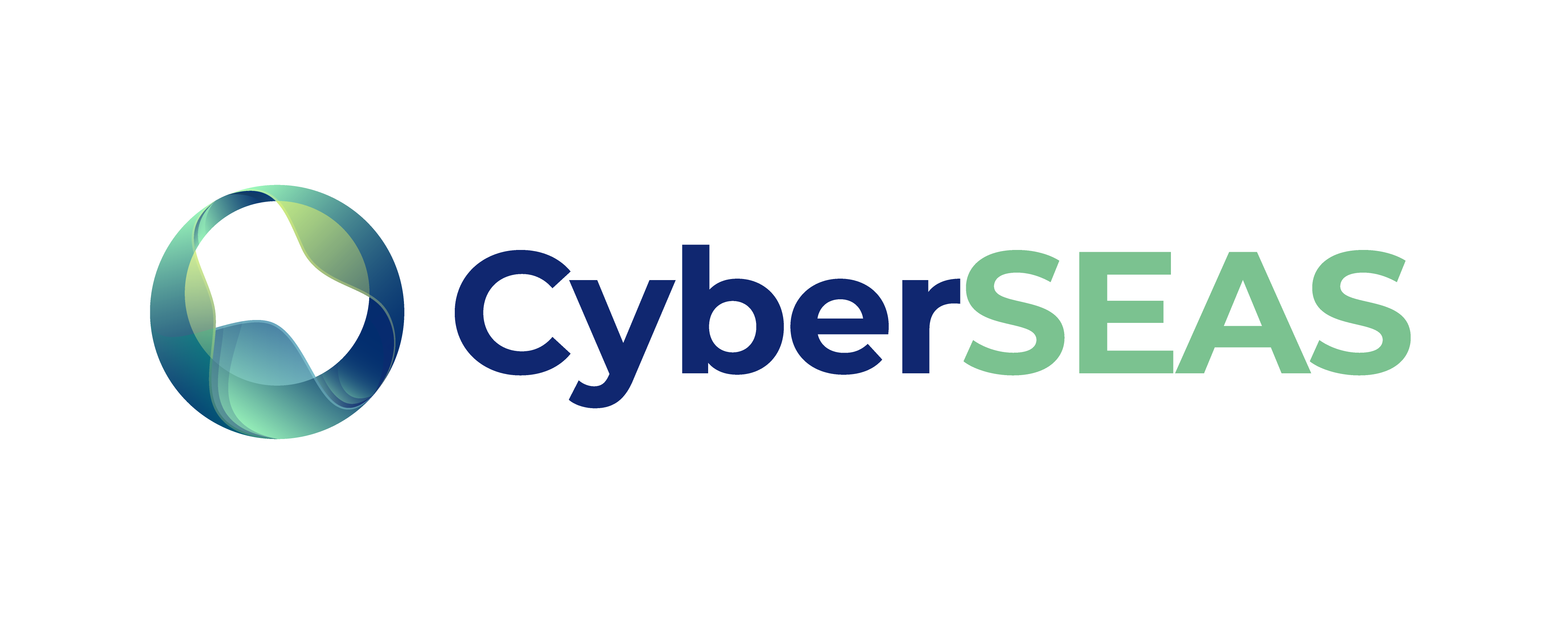Author: – The Academic and Research Network of Slovenia –
Electrical Power and Energy Systems (EPES) face unique challenges with respect to their cybersecurity because they form a structural part of a nation’s critical infrastructure.
The uniqueness stems first of all in the possible ramifications of a successful attack on a whole nation’s economy and even beyond, as national electric grids are interconnected on a European scale.
At the same it must be said that this interdependence is also a strength, and operators can provide cross border aid to mitigate consequences and share best practices, “we’re in this together” so to speak.
Another aspect is the ongoing digitalization of the grids, a necessary precondition towards successful deep electrification and decarbonization of important parts of our economies.
All stakeholders must carefully analyze potential new attack surface that can emerge in this process, that is when this aspect of accelerated digitalization be overlooked.
It is for that reason that initiatives such as CyberSEAS provides positive value by raising awareness of both the need of solid cybersecurity governance processes in all aspects of this far-stretching digitalization, as well as the opportunities that are offered by embracing the latest technological advancements in cybersecurity tool development, something where for example AI and machine learning finds a place, amongst others.


